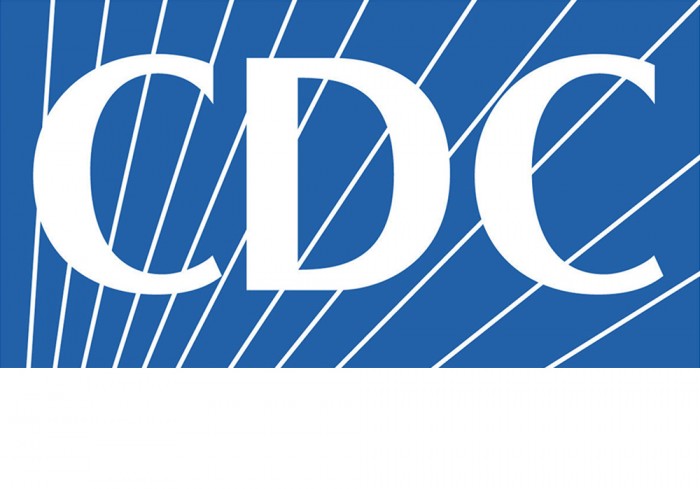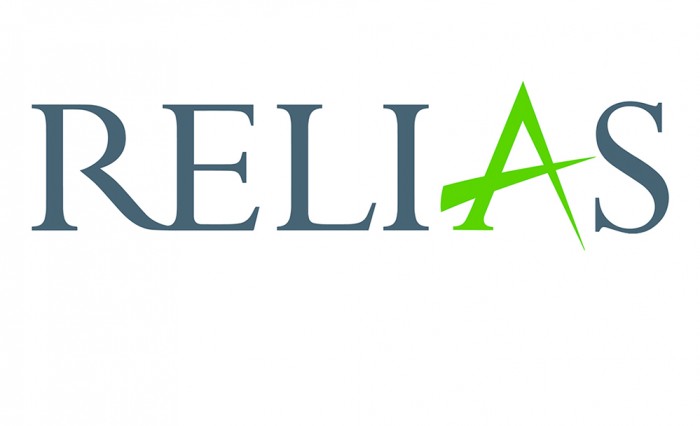FROM ANCOR:
Thanks to your advocacy, today the Congressional committee leaders who have the power to oversee the Department of Health and Human Services (HHS) sent Secretary Azar a letter expressing concern that Medicaid intellectual and developmental disabilities (I/DD) supports have not yet received emergency COVID-19 funding. Additionally, last week 37 members of Congress sent HHS a letter asking it to include I/DD supports in its emergency funding distributions.
Please ask your individual members of Congress to keep the momentum going and maintain pressure on HHS to stop overlooking Medicaid disability supports, the #ForgottenFaces of this pandemic.
The Ask Please take two minutes today to Contact Congress to demand that federal relief dollars reach Medicaid-funded providers of long-term supports and services to constituents with intellectual and developmental disabilities (I/DD).
Over 80 days into the pandemic, the federal government has not designated a single dollar of emergency relief specifically for Medicaid-funded disability providers.
The Details The U.S. Department of Health & Human Services (HHS) is responsible for distributing funding from the Emergency Fund, which was initially created by the CARES Act. To date, HHS has distributed or committed about $90 billion of the $175 billion appropriated so far, but the vast majority of those dollars have gone to Medicare providers. Meanwhile, not a single penny from the Fund has been committed to Medicaid-funded I/DD providers, and by consequence the people they support and their staff of Direct Support Professionals are left without essential resources. While the House passed the HEROES Act, which contains provisions for Medicaid disability supports funding, we still need emergency funding from HHS in the interim as it could be as late as July before the Senate even considers the HEROES Act for a vote.
But even if the Senate preserves all of the HEROES Act’s provisions (and we’re taking steps to ensure it does), it could still be late fall by the time that funding reaches providers, who needed the relief when this crisis began in early March. Therefore, any new funding streams created by the bill, if it passes, might not take effect until October or even later.
Medicaid-funded I/DD supports cannot wait that long for relief, especially given that cash reserves are low and federal loan dollars are running out. Many providers are already confronting difficult staffing and program decisions—if not closing outright. Given this tenuous situation, Congress, which has oversight responsibilities over HHS, must take steps NOW to ensure disability services are funded by the Public Health & Social Services Emergency Fund.
The allocation of these funds, already appropriated by Congress, will enable providers to:
- Stabilize supports so they can be maintained during the crisis.
- Preserve essential community supports currently suspended due to social isolation so they can reopen after the crisis has subsided.
- Supercharge staff stabilization activities, including hazard pay and efforts to recruit and retain direct support professionals.
We know the situation is frustrating, but the relative bright spot is that your advocacy is working. In addition to the two letters mentioned above, with your support ANCOR led a bipartisan group of seven U.S. Senators to write a letter to HHS demanding that emergency relief go to Medicaid-funded I/DD providers.
Please continue to speak up to show Congress that it must keep the pressure on HHS to do right by Medicaid disability services and the people they support. People with I/DD and the Medicaid providers on which they rely have been the pandemic’s #ForgottenFaces, and people are dying as a result.
Federal action is critical for the life and well-being of people with disabilities and the staff who support them. Thank you for taking action today to ensure the #ForgottenFaces are forgotten no more.















